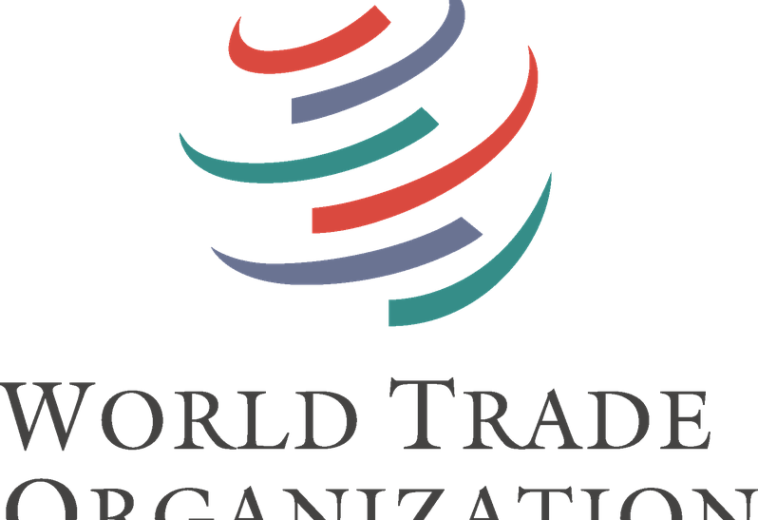Africa is developing, and so are its various sectors. The continent and its people are vigorously pursuing initiatives that will make it an industrialised continent that can easily create jobs for its people and meet its own needs.
In pursuit of this goal, individuals, companies, and nations of Africa, alongside other established international companies and countries, are putting up manufacturing plants, companies, and the like in countries of Africa for different productions.
In 2023, there were a lot of factories and companies established and commissioned across African countries, but for this article, we will bring to the fore ten of the major ones that got inaugurated this year for the upliftment of the continent.
The biggest of them this year is the Dangote Oil Refinery in the Lekki free trade zone area of Lagos, Nigeria, which is the world’s largest single-train refinery.
The Dangote Oil Refinery is a 650,000 barrels per day integrated refinery project. It is targeted at producing up to 53 million litres of gasoline per day, coupled with 4 million litres of diesel and 2 million litres of aviation jet fuel per day.
The $20 billion refinery built by the Dangote Group is owned by Africa’s richest man, Aliko Dangote, and is considered to be a game changer in ending Nigeria’s fuel imports.
The refinery is expected to meet 100% of the Nigerian requirement for all refined products and also have a surplus of each of these products for export, just as the refinery is also projected to create a market for $21 billion per annum of Nigerian crude.
Known for its richness in cocoa products, Ghana was privileged to have the continent’s largest cocoa fruit factory, the Koa Cocoa Fruit Factory, inaugurated in its domain in August.
Owned by Ghanaian-Swiss startup Koa, the new factory will give room for the expansion of Koa’s production capacity and also allow it to work with an additional 10,000 cocoa smallholders in Ghana with the intent of transforming the cocoa industry.
Another fascinating launch this year is the manufacturing plant for mRNA vaccines in Africa, launched in Kigali, the Rwandan capital.
The plant launched by BioNTech, a leading biotechnology company, will focus on developing prophylactic mRNA vaccines targeting infectious diseases such as tuberculosis, malaria, and HIV, as well as diseases with epidemic and pandemic potential.
According to the company, preliminary production at the facility annually could amount to 50 million doses of a product that has an RNA process similar to that of the Pfizer-BioNTech COVID-19 vaccine.
The facility will be based on digitally enabled modular manufacturing units called the BioNTainer.
Still in Rwanda, the country also launched a fertiliser blending plant with an annual capacity to blend 100,000 metric tonnes of fertiliser.
The project is a joint venture between the government of Rwanda and OCP Africa, a Moroccan fertiliser manufacturing firm. The blending plant will offer value to Rwanda’s agriculture sector by importing fertilisers through conventional means and locally blending them in ratios to meet the specific needs of the people.
In Morocco, Netafim, an Orbia business and a global leader in precision agriculture solutions, launched its manufacturing plant in North Africa to enhance the successful implementation of precision irrigation and strengthen its agricultural sector.
The Netafim manufacturing plant came on board in Morocco to create an avenue for farmers in the country and other North African nations to enjoy the benefits of precision irrigation.
According to the Senior Vice President of Netafim’s EMEA division, Gal Yarden, the firm is expected to provide local farmers with state-of-the-art products and services as well as share its agronomic and technical expertise for greater yields and long-term sustainable agriculture practices.
The long-term goal of the plant is to help the region achieve food security and also address issues of climate change.
Moving to Zimbabwe, Prospect Lithium Zimbabwe, an arm of Chinese mining company Zhejiang Huayou Cobalt, opened a 300 million-dollar lithium processing plant in the country to maximise the availability of metal in the southern African nation.
Noted as the largest reserve of lithium in Africa and one of the world’s largest reserves of metal, Zimbabwe has attracted investors in need of lithium due to its need for electric car batteries.
The plant can process 4.5 million metric tonnes of hard rock lithium into concentrate for export per year, while the concentrate would be further processed into battery-grade lithium outside Zimbabwe.
For a start, the plant will begin by processing 450,000 tonnes of concentrate every year.
In the ICT sector, Kenya opened its first smartphone assembly plant, which is projected to produce low-cost 4G-enabled Neon 5 ‘Smarta’ and 6½ ultra mobile phones for Kenyans.
The firm, East Africa Device Assembly Kenya Limited (EADAK), is a joint venture of local mobile network operators Safaricom and Jamii Telecommunications and a Chinese mobile device dealer, Shenzhen TeleOne Technology.
This line is expected to create around 500 direct jobs for Kenyans, with a production of between 1.2 and 1.4 million smartphones annually.
Expectedly, the assembly line will create between 300 and 500 direct jobs and produce between 1.2 million and 1.4 million smartphones annually to help boost the Kenyan government’s agenda of engaging digital inclusion.
Kenya also witnessed another strategic investment in an electro-deposition paint plant in Isuzu, East Africa, commissioned in June by President William Ruto, making it the third such plant in Africa after the plants in North Africa and South Africa.
The electrodeposition plant will use electric current to ensure that paint reaches all surfaces of a vehicle, giving it an ultra-smooth finish while also saving time. It will ramp up production capacity for vehicle assemblers in its vicinity, Isuzu East Africa, as well as other major car assemblers in Kenya.
And Italian carmaker Fiat also opened its first manufacturing plant in Tafraoui, Algeria. The plant, which is expected to produce 90,000 cars per year, will be building car models like the Fiat 500 and Fiat Dobl.
It is expected that the plant, which is the first of its kind under the administration of President Abdelmadjid Tebboune, will revive Algeria’s automobile industry.
We have the start-up “Scale,” which was launched in South Africa to assist start-ups in the fintech industry to overcome the challenges in the early years of running a business.
Touted to be Africa’s first fintech agency, Scale was founded by Miranda Perumal to bridge digital gaps and enable fintechs to grow.
By leveraging technology and digital content, the company aims to provide a range of services and solutions, such as regulatory compliance, infrastructure development, end-customer education, and market expansion support.
As many of these facilities and companies have become operational, they have been able to boost local capacity and address the challenge of unemployment on the continent while meeting some of the essential needs of the people.


